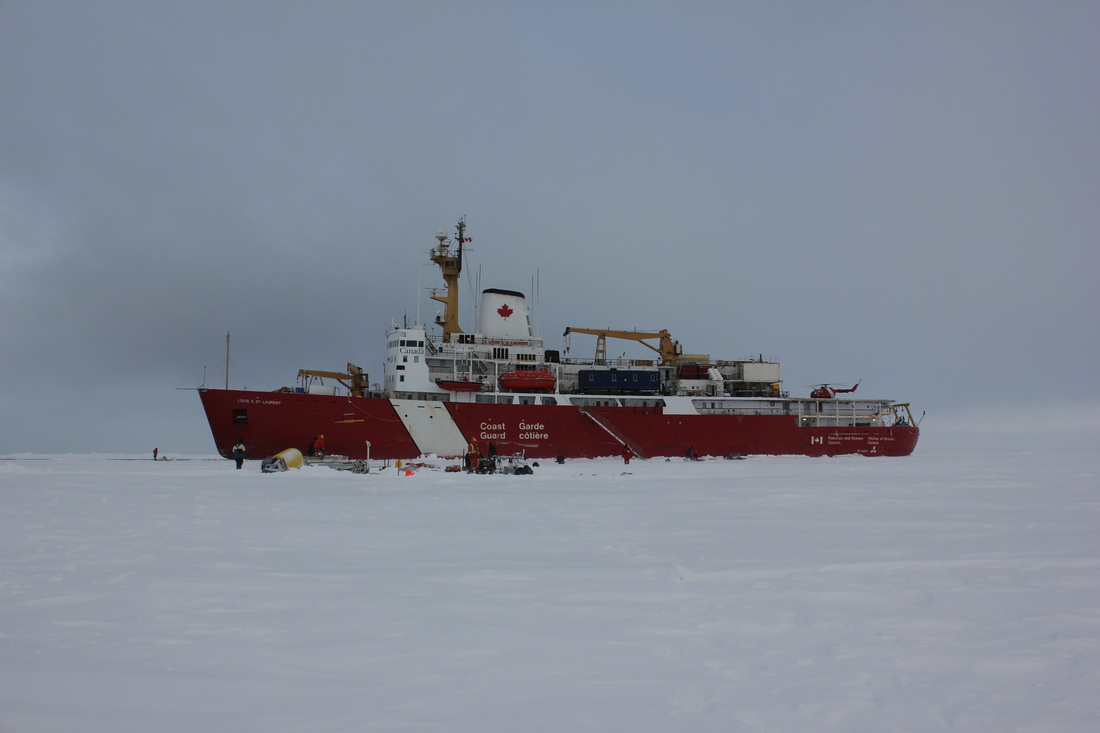Research at a glance:Microorganisms are a diverse component of aquatic ecosystems and their metabolic activities are central to energy, carbon, and nutrient cycling. Our research investigates the biodiversity, metabolic versatility, and evolution of these important aquatic microbes using novel genomics-based molecular approaches. Aquatic ecosystems under investigation include northern oceans, estuaries, and seasonally ice-covered northern lakes. All these ecosystems are impacted by climate change and other anthropogenic perturbations to varying degrees. Our research is coordinated to provide insights into how microbial distributions and activities may be influenced by these environmental pressures, and how changes in microbial distributions and activities may affect aquatic ecosystems as a whole.
|
Long-term objective |
Our long term research objective is to develop a predictive understanding of how aquatic microorganisms respond to natural and anthropogenic environmental variability in northern ecosystems, including lakes and oceans. Guiding research questions include:
(1) how do environmental conditions influence the distribution of microbial taxa in different habitats and over time? (2) What are the genomic and metabolic traits of microbial taxa that determine their distributions in relation to environmental variability? (3) How will microbial distributions and activities adapt to sustained environmental change? (4) And, ultimately, will microbial adaptations to environmental change accelerate or reduce the impacts of human activities on aquatic ecosystems? |

